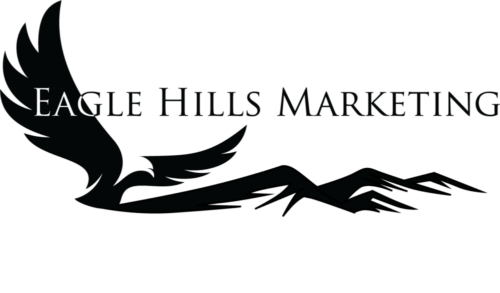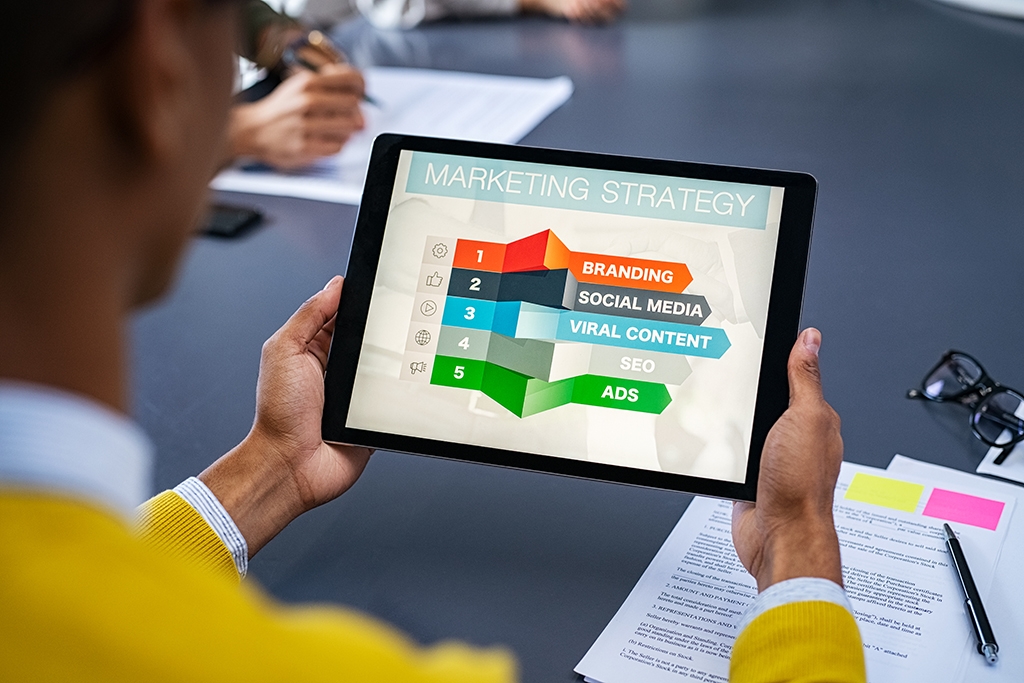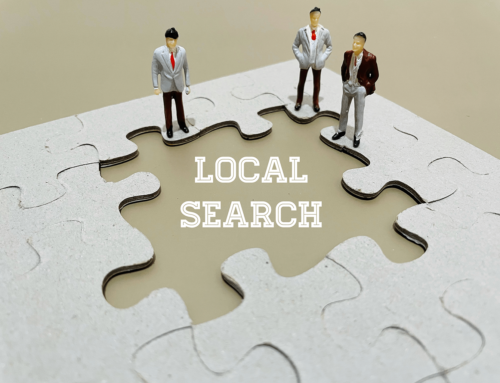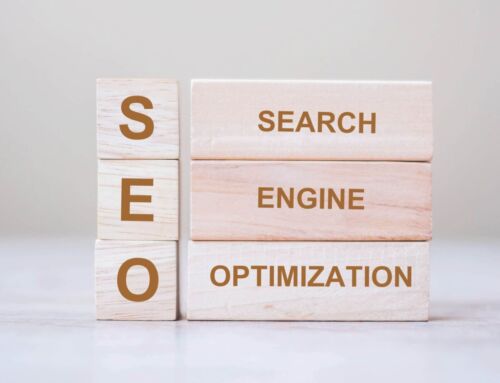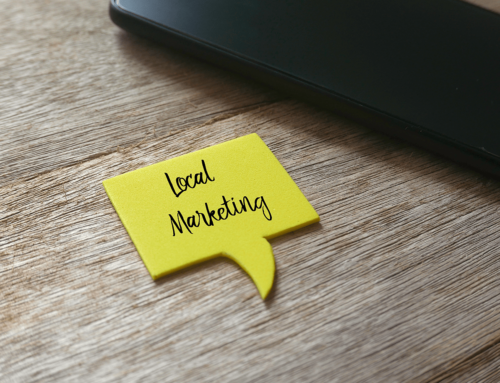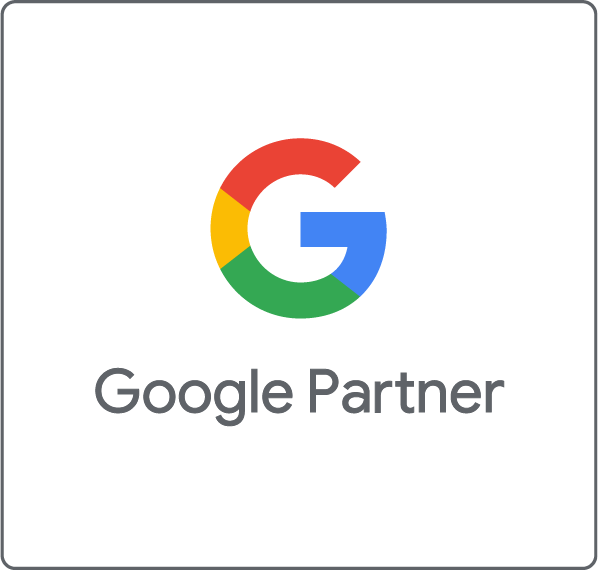Have you ever wondered why certain businesses are more visible than others? Search engine optimization (SEO) and pay-per click (PPC) represent two strategies that can help boost your business’ online visibility, giving you access to a wider customer base. While both have their advantages, it is important to determine which strategy will bring the best returns for your home service company – SEO or PPC? In this blog post, we’ll explore how each tactic works, discuss the benefits and disadvantages of each approach, and suggest how to decide which is right for your organization’s goals. With our guide on SEO vs PPC marketing, you’ll be equipped with knowledge to make the best decision when entering into either avenue of digital advertising.
What is SEO
Search engine optimization (SEO) is a method of improving the visibility of a website as it appears on a search engine’s results page. It is achieved by incorporating relevant keywords into content, making sure titles and descriptions accurately describe pages, optimizing for mobile devices and keeping the website up-to-date. SEO involves understanding user intent when searching for something online and helping to guide them towards your website or product. SEO encompasses a variety of strategies from on-page optimization to backlinking, article marketing, and reputation management. The goal of SEO is to have your site appear prominently in search engine results, allowing potential customers or clients to find you quickly and easily.
Benefits of using SEO
SEO (Search Engine Optimization) is a digital marketing strategy used to increase online visibility of a website in organic search engine results. The main benefit of incorporating SEO into a digital marketing plan is higher rankings for targeted keywords, meaning more direct traffic to your website. By creating and optimizing content with targeted keywords, businesses are able to increase their site’s visibility in organic search engine results, resulting in an increased number of visitors. Additionally, by creating content that is engaging and informative, businesses can build trust and authority with customers which can lead to higher customer retention rates and more sales. Ultimately, using SEO helps provide businesses the opportunity to better connect with more potential customers online and build their brand.
What is PPC
PPC, or Pay-Per-Click, is an online advertising model that enables marketers to reach audiences by displaying ads on various platforms. PPC works by having a sponsor bid on certain keywords related to their audience, which in turn determines the ads’ placement and frequency across search engines and websites. PPC campaigns use tracking methods such as URLs and dynamic phone numbers to measure the success of an ad. PPC is a great way for marketers to quickly connect with large software or other digital products targeted towards their desired demographic. PPC campaigns require close monitoring and optimization for success, but the results may be worth it with effective targeting and high return on investment.
Benefits of using PPC
PPC (Pay-Per-Click) is a form of digital marketing which allows companies to advertise their products and services online. Using PPC, businesses can gain valuable exposure through sponsored search results and display ads on websites, apps, and social media platforms. PPC is cost effective since businesses only pay when someone clicks on their ad, allowing them to be extremely targeted in who they reach out to. PPC also delivers fast results since ads are active immediately and many platforms provide detailed analytics for tracking purposes. Overall PPC is a powerful tool for maximizing visibility and getting desirable results quickly.
SEO vs PPC Strategy
SEO and PPC are two different strategies to achieving desired outcomes on the web– SEO stands for Search Engine Optimization, while PPC means Pay Per Click marketing. SEO is focused on improving website visibility based on organic ranking, while PPC focuses on paid advertisement campaigns using search engine sponsored results. SEO requires ongoing effort over an extended period of time to reach the desired result, while PPC is quickly implemented and provides immediate results. Both SEO and PPC should be considered when strategizing how best to get a message out there in the digital age. Ultimately it depends on the goals you want to achieve – SEO can provide long-term and cost-effective gains, whereas PPC will deliver a faster return but at higher cost.
How to Get Started
Starting out with a SEO or PPC strategy can be daunting. The key to success is research. Firstly, identify your target audience and any keywords they may use to find you in search engines. Next, invest time in understanding the SEO or PPC landscape; depending on which strategy you choose this includes domains such as website design, keyword selection and ranking algorithms. Finally, develop a plan of action and put it into practice. To measure its effectiveness track the results and make adjustments if needed. With the right research and effort SEO or PPC strategies have potential for great returns!
SEO and PPC are both powerful strategies that have the potential to give your business real returns on investment. But when deciding which approach to take, it’s important to consider your company’s objectives, budgets, and timescales in order to select the one that is best suited to its needs. Fortunately, at Eagle Hills Marketing agency we are well versed in both SEO and PPC and can provide advice on exactly how each strategy would benefit your business. Our experienced team of digital specialist can audit & assess your website traffic and create a tailored plan of action for you to maximize your website presence. So if you’re looking for an honest assessment of which strategy will be most effective for your business, let our experts help you determine which path will be best. Get in touch now and discover why hundreds of businesses rely on us as their trustworthy consultancy partner!
